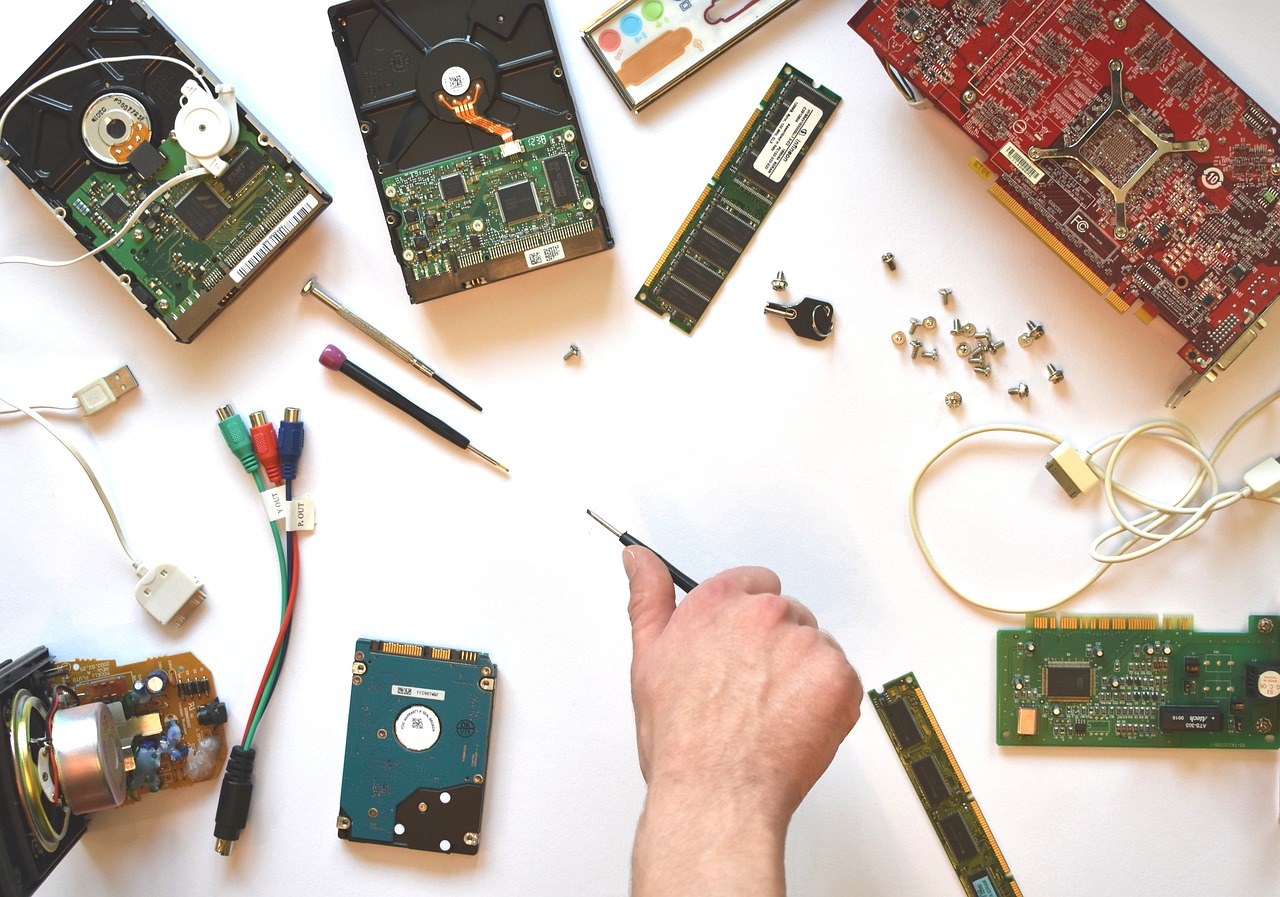News
Net zero carbon emissions by 2050? It's possible' with hardtech
)
Interested in hearing more about this and similar topics? Get your ticket for IFA 2023 here.
We need to act. Global greenhouse gas emissions have soared to approximately 50 billion tonnes annually, and we’re running out of time.
Yes, the technology that drives the modern world has put us in this situation — but it can also get us out of it.
Enter, then, hardtech startups.
These are companies that focus on developing and commercialising deep technology innovations that involve tangible hardware components.
And to find out how this can impact the world, we spoke with Tayla Sheldrake, investor and managing director at MotionLab Ventures.
Hardtech: Unbelievably necessary
Sheldrake’s vision is to foster hardtech startups that can engineer solutions that will help us reach net zero carbon by 2050. According to her, “it is not the next software that will solve our world climate challenges” and by supporting and nurturing these startups, we can accelerate progress toward a greener and more sustainable future.
In our interconnected world, hardware and software are inseparable — “every hardware requires software, and every software requires hardware,” Sheldrake tells us — making the convergence of these elements is crucial for cutting-edge innovations. Yet, there is huge focus on the software side of things, especially when it comes to investing.
Sheldrake says that physical products have a tremendous influence on shaping our world, especially given our constant interaction with them daily. This is where hardtech startups become significant, as they have the power to address climate issues and drive positive change by providing tangible and concrete solutions.

However, despite their potential impact, the hardtech sector remains less popular compared to other startup domains — and has a much higher barrier to entry.
The challenges of hardtech
The hardtech industry faces significant challenges that make it distinct from software-based startups, as Sheldrake explained to us.
Firstly, hardtech startups are "capital-intensive" by nature, requiring substantial investments in research, development, and manufacturing of their products. The complexity involved in refining physical products also leads to longer development cycles, making it crucial to find patient investors willing to support them through various stages of growth.
In addition, getting the necessary certificates and approvals before being able to sell their products adds to the industry's challenges, involving time-consuming regulatory processes. Compare this with how easy it is for a couple of people to work on a computer and come up with a bit of software.
But it gets worse.
A shortage of talent with specialised skills and expertise further complicates matters for hardtech companies.
So, should we just give in to despair? Or is there something we can actually do to help the hardtech industry achieve its sustainable mission?

Giving hardtech a helping hand
Achieving net zero carbon solutions by 2050 is possible with hardtech — but it just won’t happen. For that, Sheldrake explains, we need to take some practical steps.
To get started, we must encourage financial investments and collaborations with incubators, accelerators, political institutions, and research networks. These efforts will nurture hardtech startups with the mentorship and resources they need to grow.
Sheldrake also emphasised that governments could play a significant role by offering grants to hire experts. Additionally, “supporting educational programs and initiatives that focus on relevant skills, such as engineering within IoT, robotics and cobots” will ensure a skilled workforce capable of driving advancements in hardtech.
Finally, promoting guidance on sustainable production methods and environmental standards will create eco-friendly solutions within the hardtech industry.
By embracing these strategies, we can pave the way for hardtech startups to thrive, driving a cleaner and more sustainable future for all.
And, hopefully, hitting net zero carbon by 2050.
A bright future for hardtech
So far, we can understand what needs to happen to get hardtech supporting sustainability, but what about the tech itself? What cool things can we expect to see startups working on and producing?
Well, one thing Sheldrake tells us is all about modular and scalable designs. These are bits of hardware that, using standardised components and flexible manufacturing processes, can be adapted for a wide range of uses.
On top of this, there will be the launch of advanced materials, like bioplastics, nanomaterials, and graphene, all of which will play a significant role in reducing industry’s environmental impact.
It’s impossible not to see hardtech's potential to drive innovation and contribute to a cleaner and more sustainable future.
"The increased interest in the hardtech space and thereby movement towards creating partnerships, the general focus on adapting regulations as well as the openness to invest will mean that we are able to achieve net zero carbon emissions by 2050,” Sheldrake tells us.
Yes, technology has got us into this environmental mess — but it can also help us get out of it.
Hail to hardtech.
Tayla Sheldrake is managing director at MotionLab Ventures. A seasoned expert in the hardtech startup space, with a background in identifying, building, and scaling innovative technology ventures. You can follow Tayla Sheldrake here.
Did you enjoy this article? Join us at IFA to hearing more about this and similar topics. Get your ticket for IFA 2023 here.
